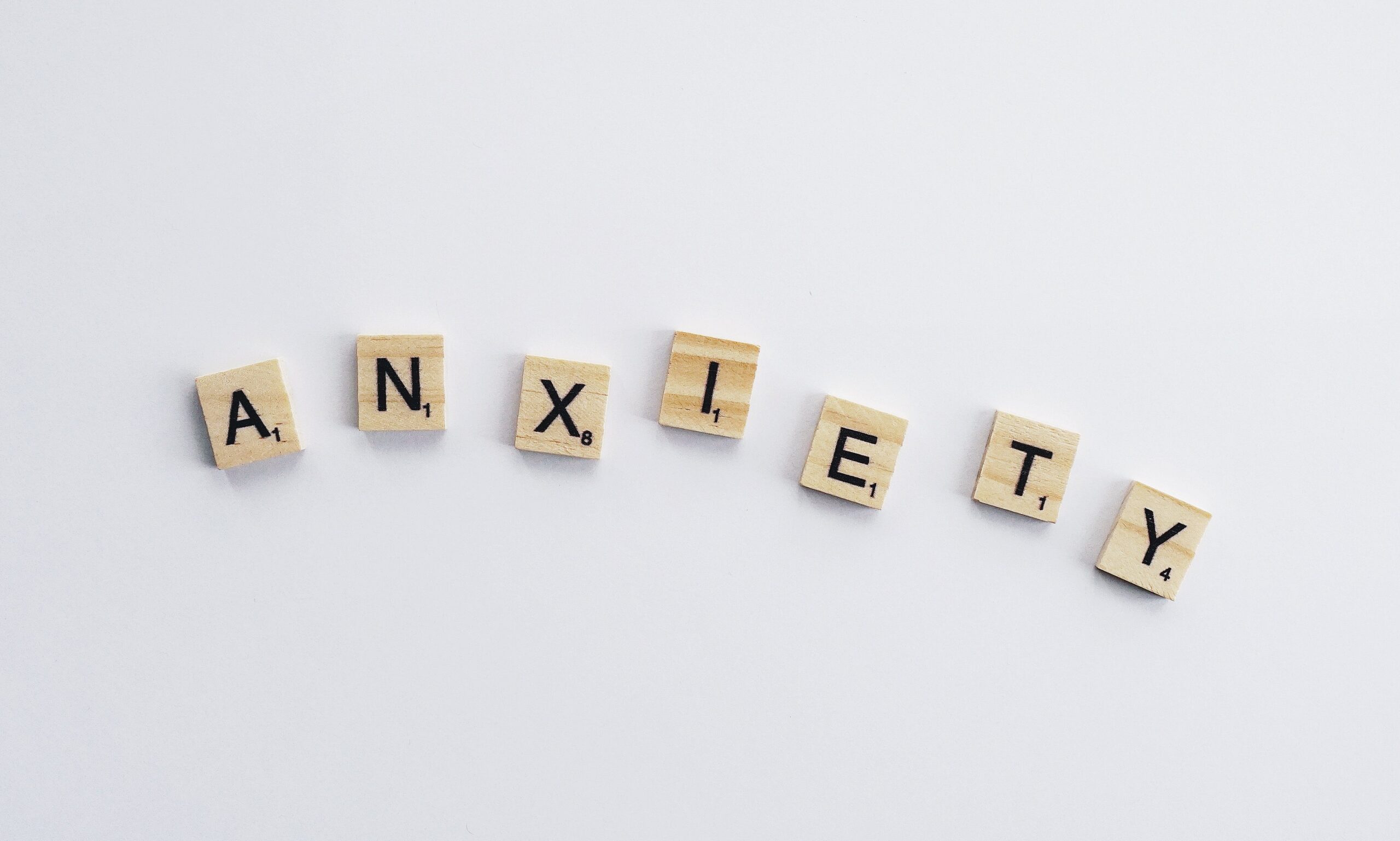
Anxiety, a prevalent mental health condition, affects millions globally. It encompasses feelings of worry, unease, or fear that can interfere with daily life. While genetic and psychological factors play a role, so does the environment in which an individual resides. It’s essential to comprehend the intricate relationship between one’s surroundings and the potential impact on mental well-being.
Understanding Anxiety and Its Triggers
Anxiety disorders involve excessive apprehension or fear, leading to various symptoms such as palpitations, sweating, or panic attacks. Triggers for anxiety can be multifaceted, stemming from genetic predispositions, past experiences, and environmental stressors.
Environmental Factors Affecting Anxiety
The environment plays a crucial role in shaping mental health. Various elements within an environment, such as air quality, noise levels, and access to green spaces, can significantly influence anxiety levels. Studies have increasingly linked adverse environmental conditions to heightened anxiety levels among individuals.
Nature’s Impact on Mental Well-being
Nature has shown promising effects on reducing anxiety. Exposure to natural environments, such as parks or forests, has been associated with decreased stress levels and enhanced mental well-being. The tranquility and serenity of green spaces have a calming effect on the mind, potentially mitigating anxiety symptoms.
Urban Environments and Anxiety
Contrarily, urban settings with their hustle, high population density, and constant stimuli may exacerbate anxiety. However, urban dwellers have devised coping mechanisms like mindfulness practices or seeking quiet spaces to alleviate anxiety amidst the urban chaos.
Technological Influence and Anxiety
Technology, while providing connectivity, also poses challenges to mental health. Excessive screen time, social media pressures, and information overload contribute to heightened anxiety levels. Adopting healthy tech habits and moderation is crucial in managing anxiety related to technology.
Socioeconomic Factors and Anxiety
Socioeconomic factors, including income inequality, access to healthcare, and neighborhood safety, significantly impact mental health. Disparities in resources often lead to increased anxiety among marginalized communities, highlighting the importance of addressing these inequalities.
At PBCB we offer Psycodynamic Relational Therapy, Cognitive Behavioral Therapy, Holistic Therapy, Behavioral Therapy, Trauma-Focused and others. If you or your loved one are seeking help with life changing challenges call us or Book a Consultation
Coping Mechanisms for Environmental Anxiety
Combatting environmental-induced anxiety involves adopting coping strategies. Mindfulness, physical exercise, seeking therapy, and nurturing supportive relationships are effective ways to manage anxiety triggered by the environment.
What role does social support play in managing anxiety triggered by environmental factors?
Strong social connections can act as buffers against anxiety, providing emotional support and a sense of belonging, helping individuals cope better with environmental stressors.
Are there specific exercises or activities known to alleviate anxiety triggered by environmental factors?
Activities like yoga, meditation, or mindfulness exercises have shown to be effective in managing anxiety triggered by environmental stressors due to their calming and stress-relieving effects.
How can I create a safe environment at home to reduce anxiety?
Creating a calming environment at home involves decluttering, incorporating soothing elements like plants or calming colors, and ensuring a quiet, comfortable space for relaxation.
Conclusion
The environment’s impact on anxiety is profound and multi-faceted. Acknowledging this relationship is crucial in proactively addressing mental health concerns. Embracing nature, managing technological exposure, advocating for equitable resources, and practicing self-care are vital in alleviating environmental-induced anxiety.
At PBCB we offer Psycodynamic Relational Therapy, Cognitive Behavioral Therapy, Holistic Therapy, Behavioral Therapy, Trauma-Focused and others. If you or your loved one are seeking help with life changing challenges call us or Book a Consultation
